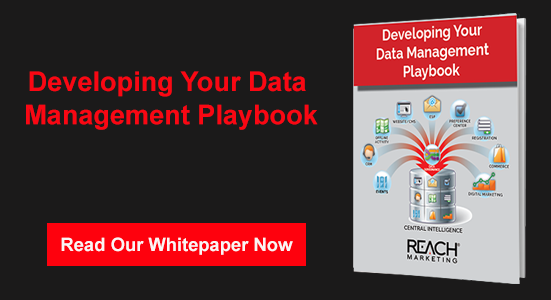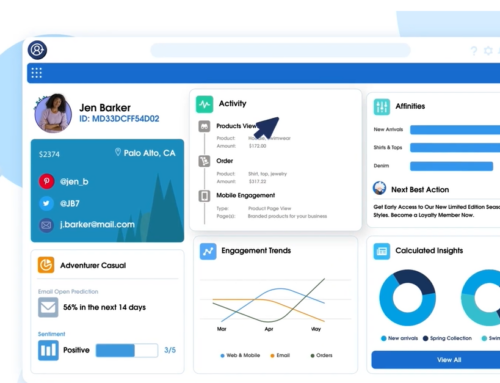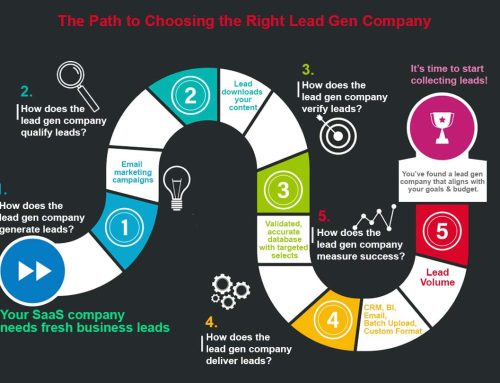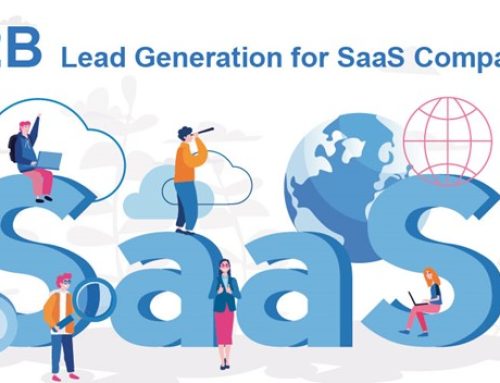With more processing power available and an ever-growing Internet of Things, big data just keeps getting bigger. For marketers, it’s also worth asking if data is getting better – more accurate, more organized, and more accurate in predicting the outcome of marketing efforts. Simply collecting more information isn’t enough to improve data quality; for that, you need database services to put information into context and make it accessible to everyone within your organization.
Removing Roadblocks
You probably have more information about your leads than you know. Your CRM, sales histories, customer service files, prospect database, loyalty program records, and other data-sets can combine to create a vastly more powerful centralized database that correlates data you already have to produce new insights. When you’re able to learn what makes some leads bounce and others become loyal customers, you’re transforming data into knowledge. To get there, you’ll need a marketing automation system that can put fractured data into a single central location and a database manager to handle the data migration process.
Quality over Quantity
Volumes of data are important, but so is the accuracy and cleanliness of the data you gather. You can’t earn leads’ attention and later their business if you don’t have high-quality data about them. Maintaining accurate records is also part of your database manager’s job, both by organizing the data you already have and setting up systematic ways of processing new data that comes in. Designing input fields to accept only relevant content, using data enhancement to complete account files, and refining lead scoring systems are ways to keep data accurate and relevant.
Refocusing on Customers
You’ve probably met at least a few party bores whose favorite word is “me.” When businesses only care about communicating what they want to share instead of listening to what their leads need to know, they become boring too – and boring the market is dangerous. Once leads tune out, they may not tune in again, so holding their interest is vital. You and your marketing database consultant do it by becoming customer-centric. Discover what your leads are after so you can supply it. Learn how they make decisions so you can make the process easier. Find out where they are on the buying journey so you can smooth the road ahead.
Relevance Is a Two-Way Street
Learning about your leads helps you become relevant to them, but it also lets you define which data points are most relevant to you. If you supply healthcare providers with diagnostic equipment, for instance, you want to know more about your prospects’ job titles, facility types, and medical specialties, while location or per-transaction cost would be of lower importance. If you were selling a line of women’s clothing to retailers, you’d pay close attention to shop location and how much the regular clientele was willing to spend.
Handling huge amounts of data can quickly become overwhelming without sound database management. Working with a manager who provides database services geared to your business ensures that data quality, not just volume, is a priority.
© Reach Marketing LLC 2017 All Rights Reserved.







